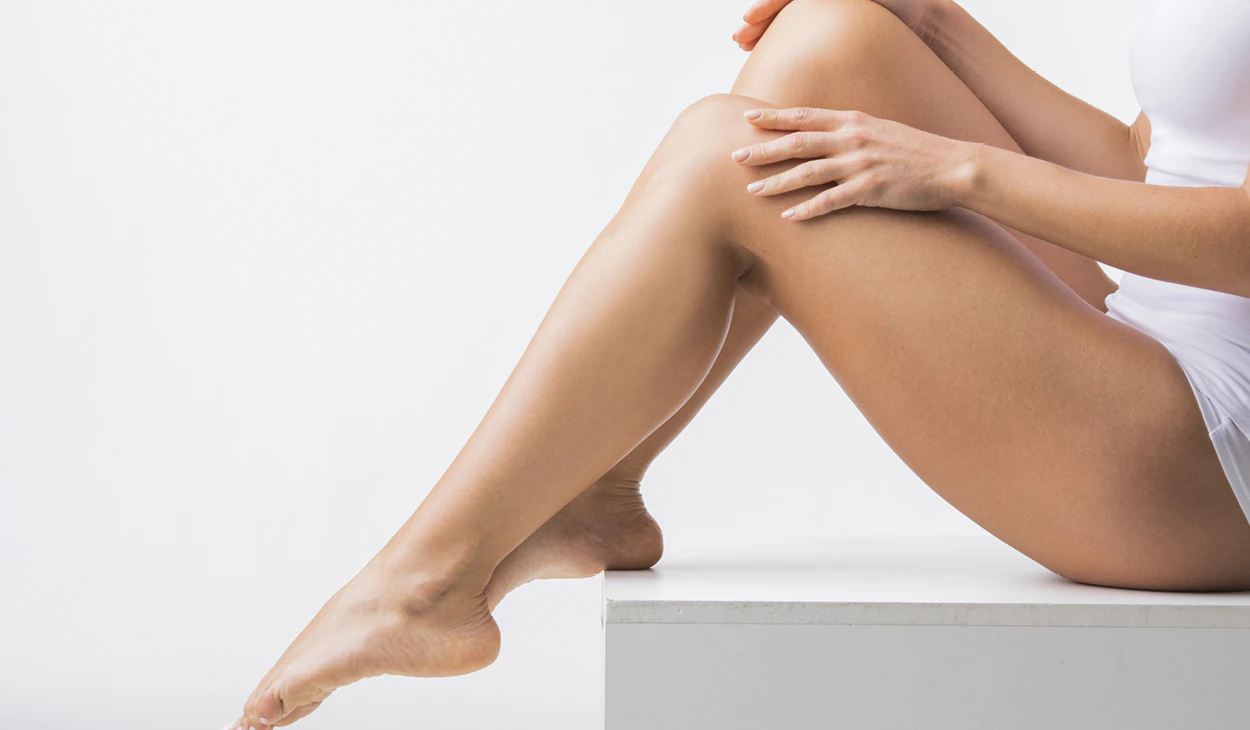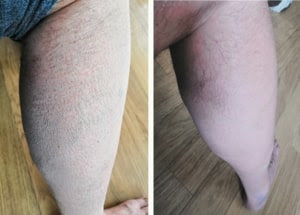Get Rid of Fish Scale Skin with Skin Repair Lotion
Ichthyosis is a dry skin condition that leaves the skin scaly and flakey or dry and cracked. It affects about 1 in 250 people worldwide. Although most cases are visible only in a mild form, this can be enough to affect a person’s self-confidence. Although there is no complete cure for Ichthyosis there is definitely hope! G16 Skin Repair Lotion is the best ichthyosis cream that has helped thousands of people restore confidence in their skin. As G16 soaks into your skin within three minutes of applying and does not leave any clamminess on the skin whatsoever. We guarantee you will be impressed or we will give you your money back!




Comments
Post a Comment